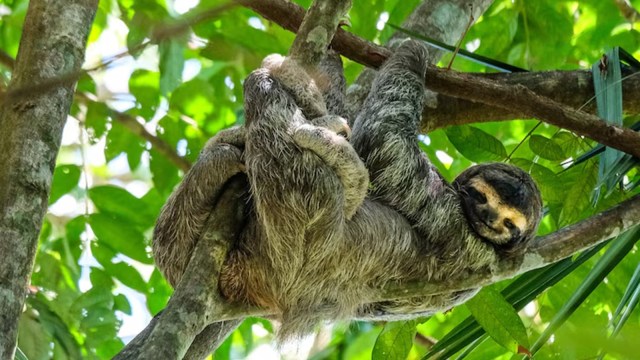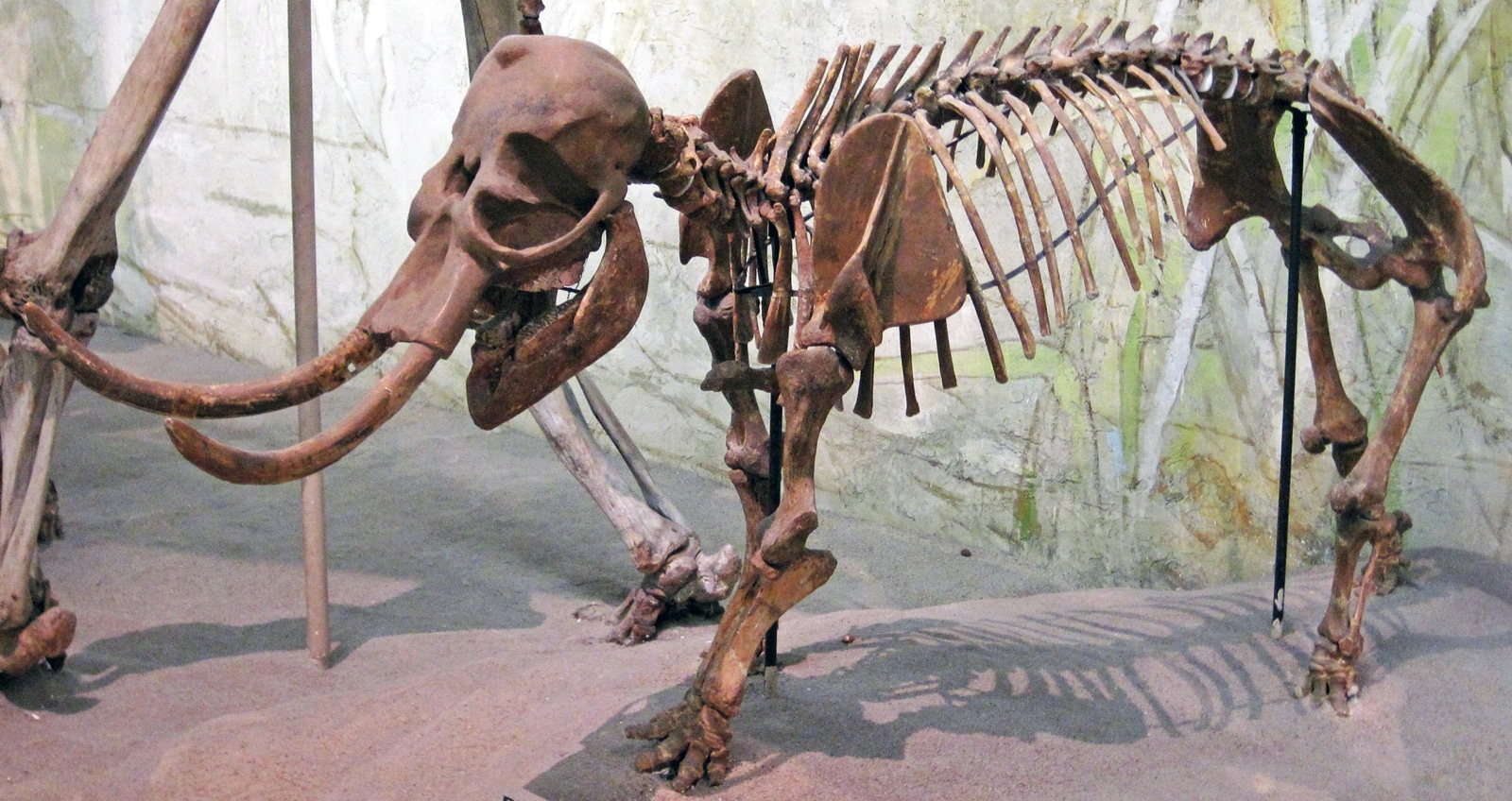📣 For more lifestyle news, click here to join our WhatsApp Channel and also follow us on Instagram
From sloths to birds, these 6 animals have been growing smaller over time; understand why
Evolution doesn’t always mean “bigger is better.” Sometimes, being small is the smartest move
 Some animals have evolved to become smaller over time (Source: Freepik)
Some animals have evolved to become smaller over time (Source: Freepik)When we think of evolution, we often imagine animals growing bigger, stronger, or faster. But sometimes, the opposite happens. Throughout history, some creatures have shrunk — and there are surprising reasons why.
Evolution doesn’t always mean “bigger is better.” Sometimes, being small is the smartest move. Whether it’s climbing trees, hunting quietly, or handling a changing planet, these animals show how nature is full of surprises.
1. Sloths
Millions of years ago, sloths were anything but slow and small. Some, like Megatherium, were the size of elephants and roamed the ground. But over time, sloths moved into trees and gradually became smaller.
In the forest canopy, being lightweight helped them hang on branches and avoid predators. Plus, smaller bodies need less food — a good thing when you move at sloth speed.
2. Stoats
Stoats are part of the weasel family, and their ancestors were much larger. But as open grasslands spread across parts of the world, these animals adapted. Becoming smaller helped them slip into burrows to hunt and stay hidden in snow-covered areas. Their size made them fast and efficient, especially when hunting mice and rabbits.
3. Birds
Scientists have noticed birds in some parts of the world are slowly shrinking in size. Warmer temperatures might be the reason. Smaller birds lose heat more easily, which helps them cope as the planet warms. It’s subtle, but across generations, this shift is happening.
 Believe it or not, some elephants once lived on islands like Crete and Sicily — and they were tiny compared to their mainland relatives. (Source: Wikimedia Commons)
Believe it or not, some elephants once lived on islands like Crete and Sicily — and they were tiny compared to their mainland relatives. (Source: Wikimedia Commons)
4. Dwarf elephants
Believe it or not, some elephants once lived on islands like Crete and Sicily — and they were tiny compared to their mainland relatives. This happened because of something called “island dwarfism.” With limited space and fewer predators, being smaller helped animals survive on fewer resources. You’ll see this pattern in many island species.
5. Axolotls
Axolotls are strange little salamanders that never quite grow up. Instead of turning into adult land-dwellers, they stay in water and keep their gills — even when they’re fully grown. This process, called neoteny, has helped them survive in the lakes of Mexico. Staying small and aquatic works better in that kind of habitat.
6. Fish
A large global study found that many fish species have gotten smaller in the last 70 years. Warmer waters, less oxygen, and acidifying oceans are stressing marine life. Smaller fish may survive better in these conditions — but it’s also a worrying sign of how climate change is reshaping ocean life.
📣 For more lifestyle news, click here to join our WhatsApp Channel and also follow us on Instagram
- 01
- 02
- 03
- 04
- 05



























